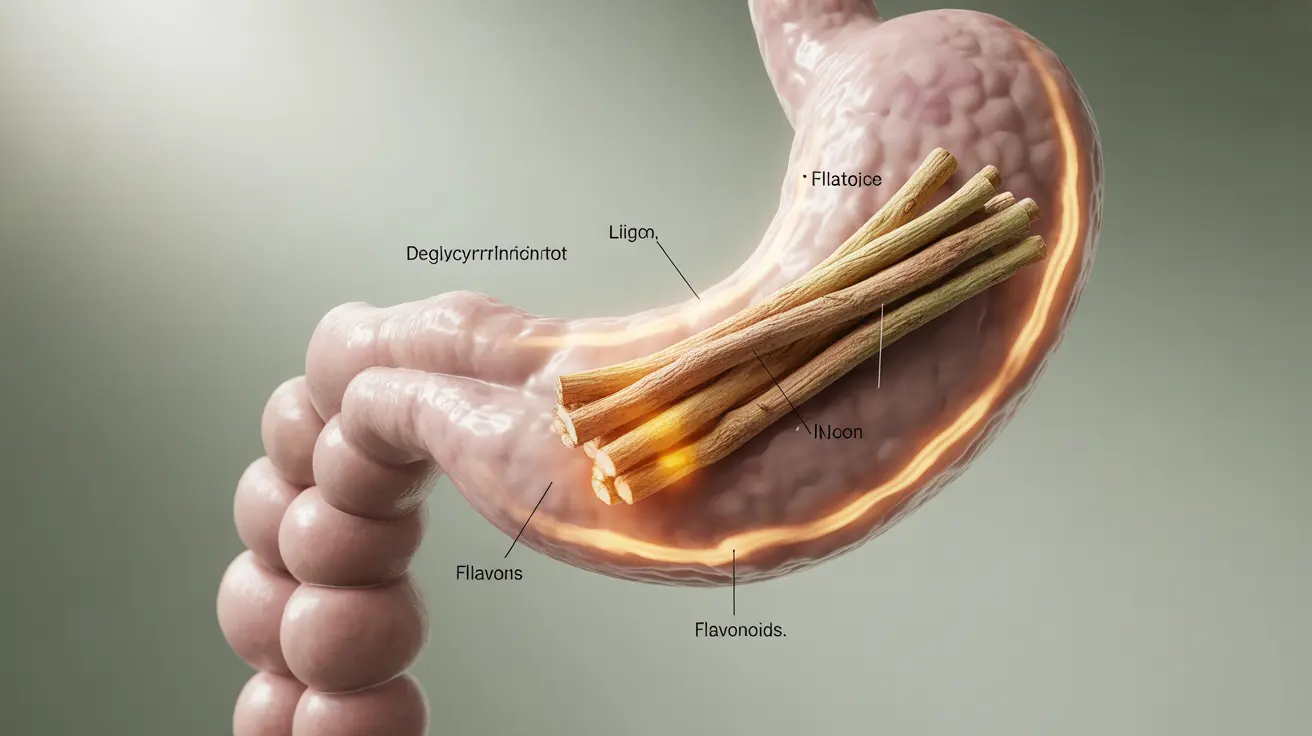GetLabTest News
Symptom Analysis
Interpreting Test Results
Diseases & Symptoms
Health Queries Answered
All
Latest
How to Be a Better Person and Be Happy: A Complete Guide to Personal Growth
Explore essential strategies on how to be a better person and be happy through mindfulness, empathy, and personal growth techniques.

Explore if probiotics can aid weight loss. Learn about effective strains and gut health's role. A scientific guide for you.
Health Queries Answered
min read

Explore safe usage of over the counter diarrhea medicine, including types and dosage tips. Get relief today.
Health Queries Answered
min read

Explore how healthy food can transform energy and well-being with practical tips for enjoyable eating.
Health Queries Answered
min read

Explore how deglycyrrhizinated licorice supports digestive health with protective effects. Discover usage tips and benefits.
Health Queries Answered
min read

